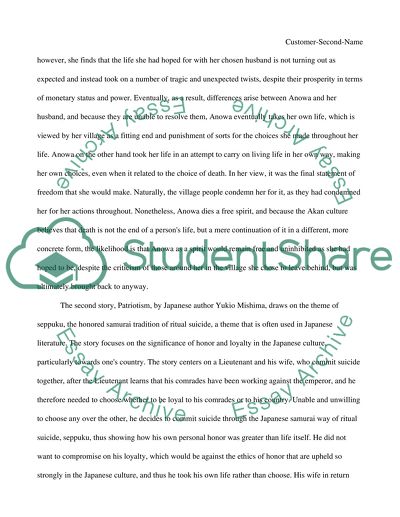Cite this document
(“Suicide and Its Cultural Impact as Depicted through Literature Essay”, n.d.)
Retrieved from https://studentshare.org/literature/1428725-suicide-and-its-cultural-impact-as-depicted-through-literature
Retrieved from https://studentshare.org/literature/1428725-suicide-and-its-cultural-impact-as-depicted-through-literature
(Suicide and Its Cultural Impact As Depicted through Literature Essay)
https://studentshare.org/literature/1428725-suicide-and-its-cultural-impact-as-depicted-through-literature.
https://studentshare.org/literature/1428725-suicide-and-its-cultural-impact-as-depicted-through-literature.
“Suicide and Its Cultural Impact As Depicted through Literature Essay”, n.d. https://studentshare.org/literature/1428725-suicide-and-its-cultural-impact-as-depicted-through-literature.


